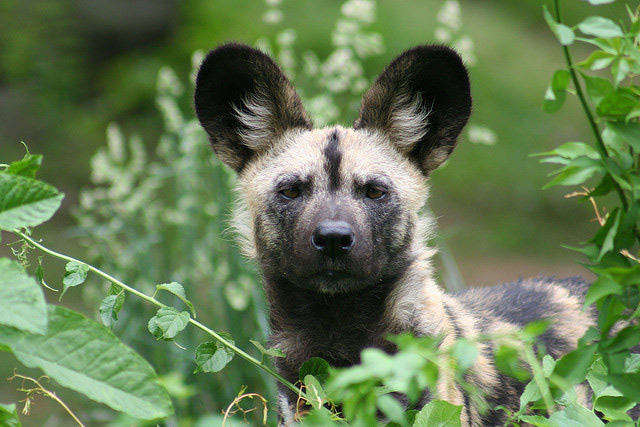Zoo Science Behind The Scenes
By JoshMogerman in News on Dec 2, 2012 10:00PM
You go to the zoo or aquarium to see the cute critters, right? It’s a fun day that hopefully also gets us thinking about the bigger world out there and our impacts on it. But a quick media scan this week reminds us that there is a lot going on behind the scenes at the Lincoln Park Zoo, Shedd Aquarium and Brookfield Zoo to help extend cutting edge science far from Chicago.
The front page of today’s Trib has a great example, with the first story in a series on Lincoln Park Zoo’s program to end the scourge of rabies in near Serengeti National Park in Tanzania. The zoo began funding programs in the 90’s to address a wave of disease that was wiping out the famed park’s lions and African wild dogs, but has morphed into a hands-on effort that is saving hundreds of humans every year by bringing engaged and thoughtful Chicagoans into the fight to help eliminate the terrifying malady that some note as the potential origin of werewolf, vampire AND zombie tales:
“You learn about this vaccination program, and the goal of it was to prevent these (disease) outbreaks in Serengeti National Park and to conserve the wildlife and the ecosystem there,” says Anna Czupryna, a doctoral candidate from Chicago studying the effects of the vaccination program. “But along with that we've eliminated rabies in villages such as Nangale.”
The Trib is not the only outlet noting efforts from Chicagoland’s conservation institutions to be something more than mere tourist attractions. This week, National Geographic posted the first in a series of interviews with Dr. Philip Willink, the Shedd Aquarium’s senior research biologist, regarding their studies on invasive species in the Great Lakes. The Aquarium has sent researchers to oceanic environments around the world, but the Shedd’s researchers are uniquely qualified to investigate the ecosystem that literally surrounds their offices as they dig into the impacts of invading critters like round gobies and quagga mussels that threaten to tank Lake Michigan.
The Shedd isn’t the only one working on Great Lakes invasive species. We reported on some behind-the-scenes research at Brookfield Zoo to help kick the crap out of Asian carp (or more appropriately, pull the carp out of bird crap to better understand the environmental DNA tests use to monitor the fishes’ advance). But Chicago Zoological Society has been funding and conducting science well-beyond the big zoo’s suburban walls for decades. They boast the world’s longest-running wild dolphin study, which matches five generations of Florida cetacean observations with data on the zoo’s more easily-monitored residents.
While most zoo- and aquarium-goers will never see that behind the scenes science, they can certainly feel good about supporting it when visiting Chicago's quality conservation institutions.
